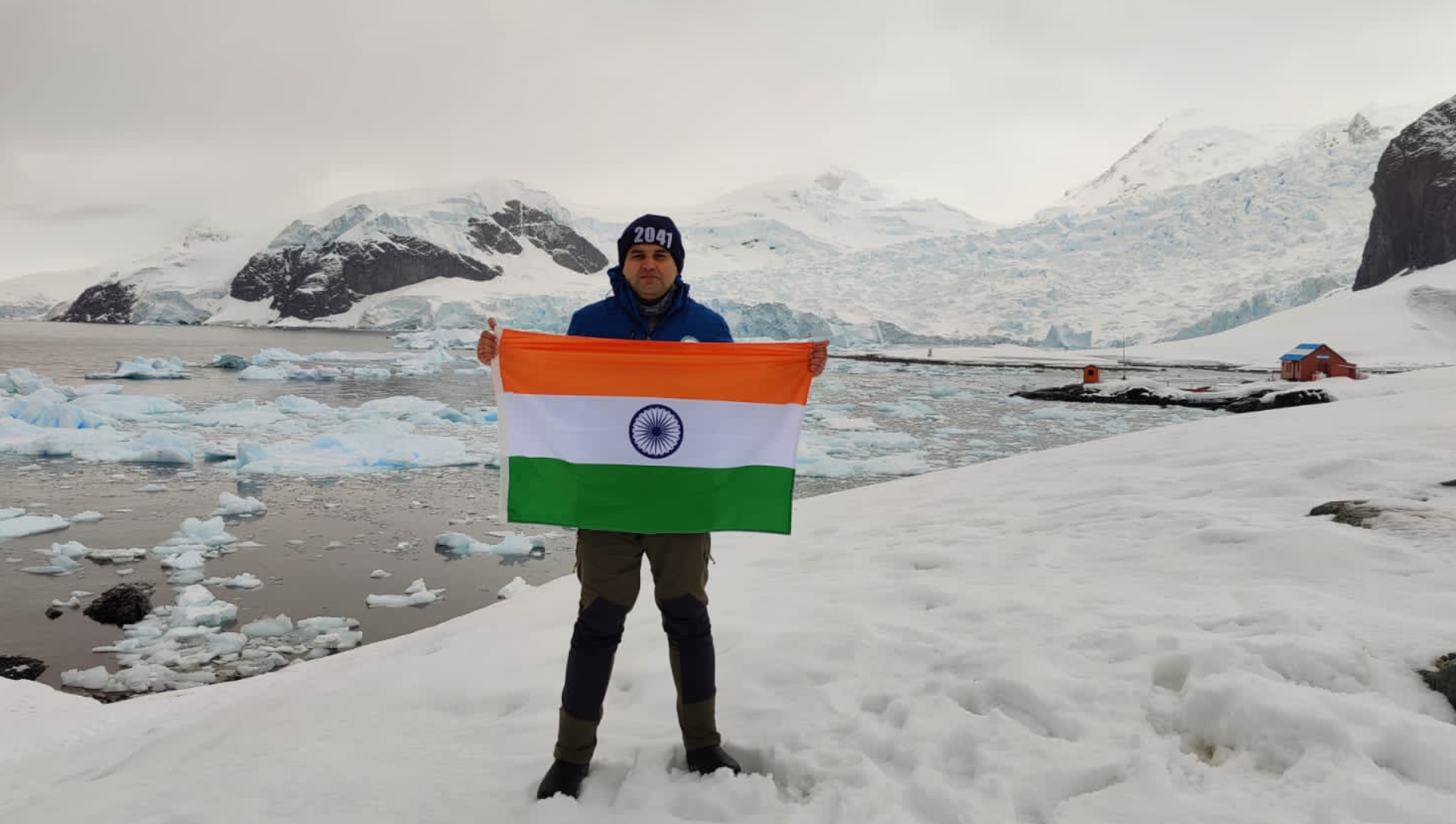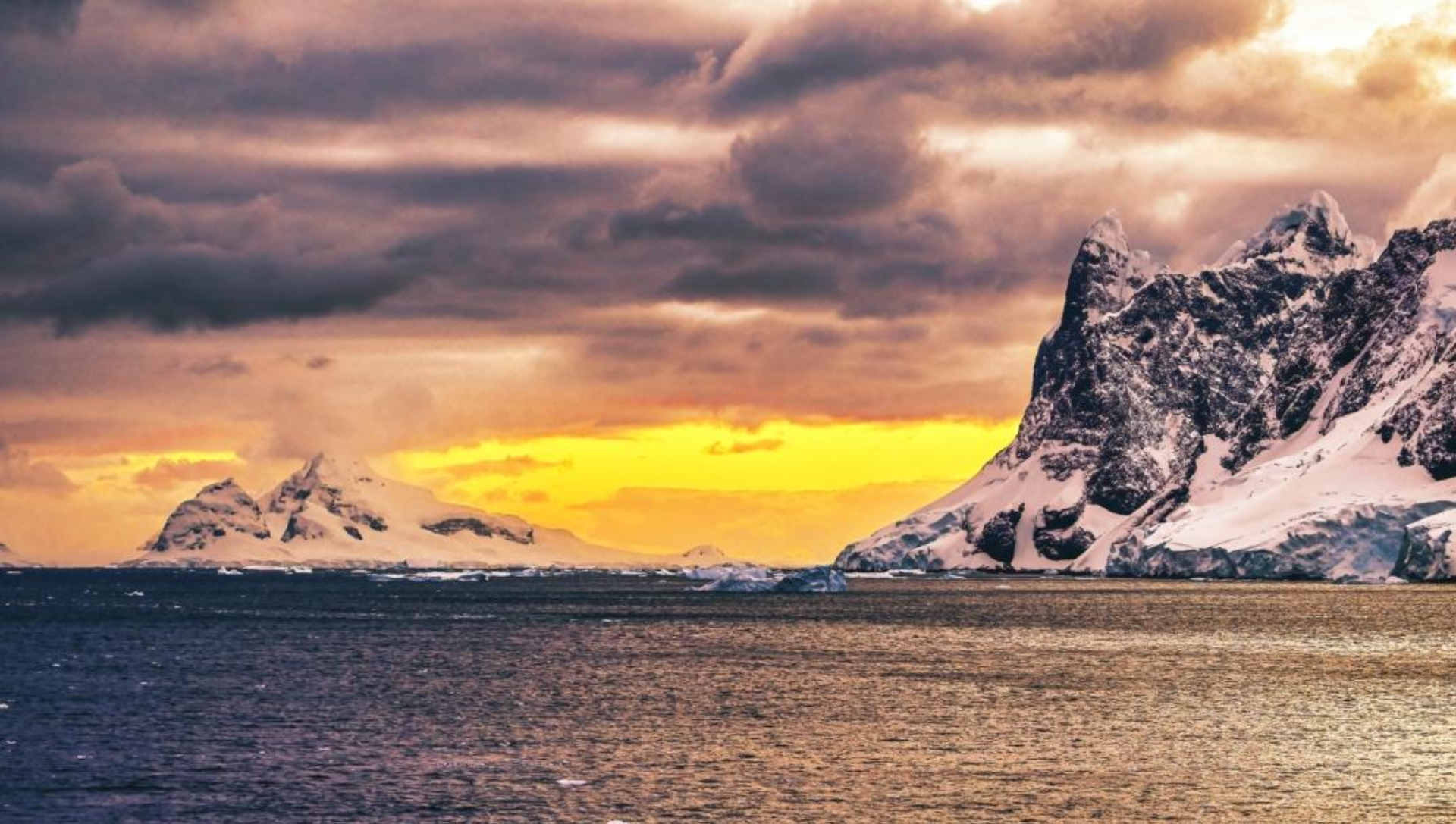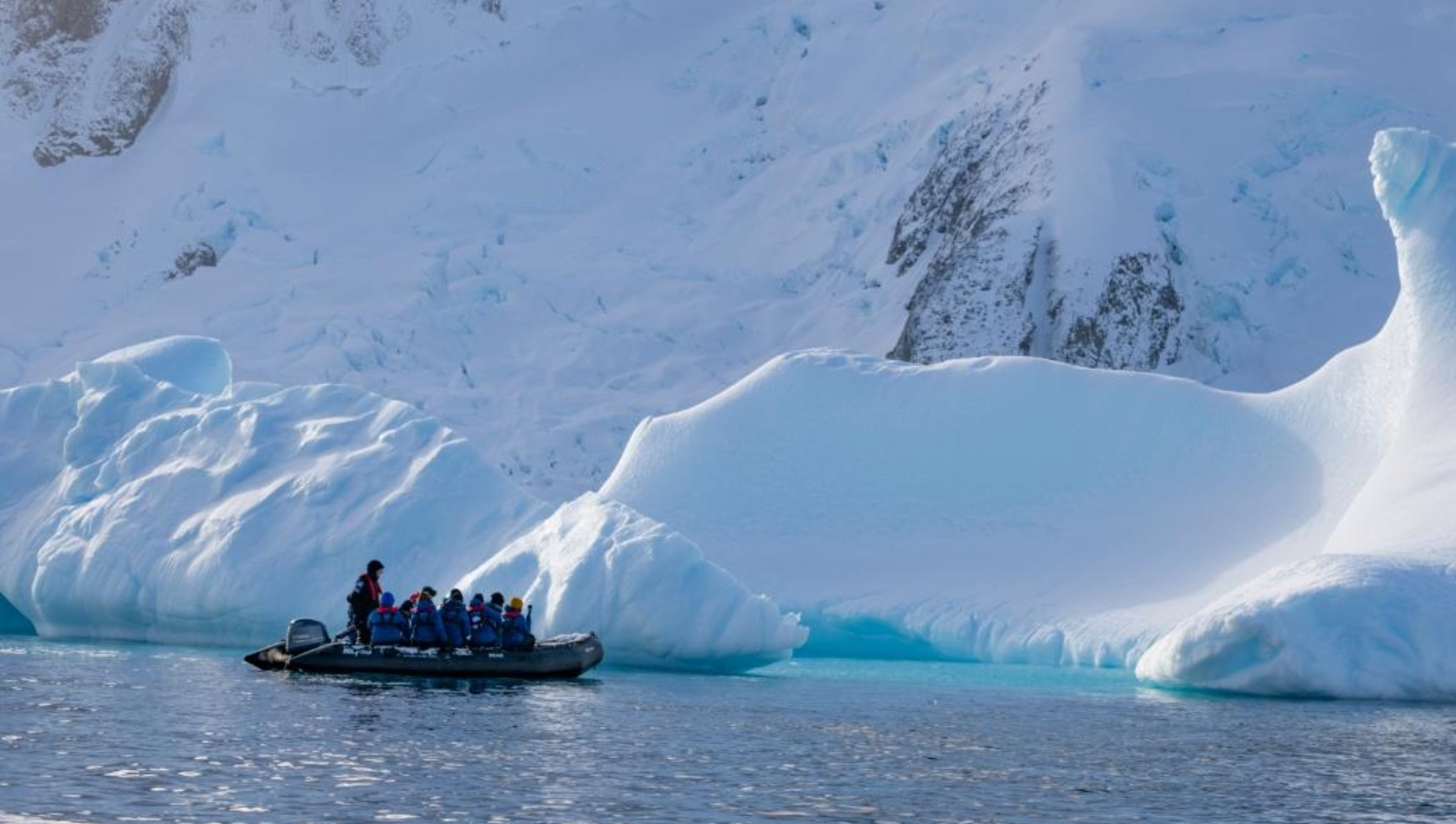NEW DELHI: Amid impending climate change and the earth’s rising temperature, a team of 150 experts from 35 countries went on a ‘carbon negative expedition’ to Antarctica to emphasise the preservation of the ocean and raise awareness.
Policymakers, environmentalists, climatologists, entrepreneurs and students, including 18 Indians, commenced the 12-day journey on March 17 this year with ‘Climate Force Antarctica Expedition 2041’ led by Robert Swan, who is also the first person to walk to both Poles.
It is called Carbon Negative expedition because the total carbon footprint of the whole expedition will be set off by investing in various carbon capture and offsetting projects.
The foundation specifically uses ‘2041’ because the Antarctica treaty came into force in 1961 which said that the Antarctica peninsula can be used for scientific research sans military activity. This treaty will expire in 2041.
Speaking to The New Indian, Ankur Rapria, a 2016 batch Indian Revenue Service officer, who participated in the experience said, “This journey is once in a lifetime experience. We started from Ushuaia and on the 4th and 5th days covered the Drake Passage which took us 36 hours to cross. Drake Passage is one of the roughest areas on earth that sees waves up to 40ft.”
In an interesting and very significant observation, the crew witnessed rain.
Rapria said, “Antarctica is the driest place on earth and experiences snowfall. But we have seen it’s raining there which we think is definitely a very unusual event and a message for climate change. Rain accelerates the melting of ice that will raise sea level which in turn will affect the world in a much broader perspective.”
Rapria said that the rising sea water level would have a catastrophic effect on the vulnerable population living on the coastlines of countries.
Talking about the importance of the ice continent, Rapria said, “Importance of Antarctica lies in multiple perspectives. It not only helps in maintaining global heat balance but it is also the last great wilderness on earth.”
However, the avid nature lover also said that the increasing human interference has affected the balance. “With increased fishing, which includes illegal fishing of Krill, marine pollution is under survival threat,” he said.
“Wildlife species populations have decreased by 60 per cent in the last 40 years. Climate extremes have become the new normal of today’s world,” Rapria, a wildlife enthusiast, said. “We are the first generation to know and the last generation that can do anything about climate change and save the environment,” he said as a matter of fact.











